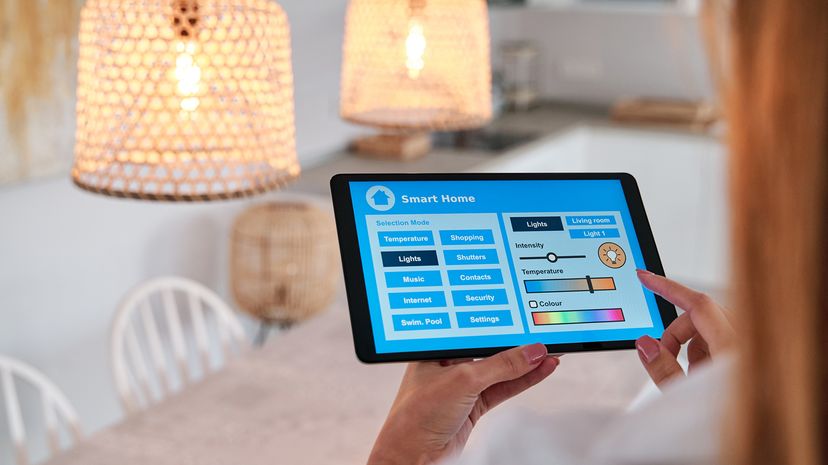Refrigerators use the most energy of any kitchen appliance. How much energy your fridge uses, however, depends on your particular model. In 2023, Energy Star-certified refrigerators ranged in consumption from 88 kWh/year for a mini fridge to 807 kWh/year for a 31-cubic-foot (0.88 cubic-meter) smart fridge.
That's the thing about energy ratings for any particular appliance: The range is vast. Some people still have fridges from the 1980s (or even earlier), which means they're still using in the thousands of kWh every year (and enduring a commensurate electricity bill).
If you have a brand new, high-efficiency unit, your electricity usage could be more like 400 kWh/year. And then there are all the other factors: model size, freezer orientation (top freezers are more efficient), temperature settings, device placement, refrigeration habits and any available energy-saving modes (more on these in a moment).
Regardless of which model you have, there are steps you can take to reduce its energy use (although if your refrigerator/freezer is more than 15 years old, the most important change is to buy a new, energy-efficient model if you can afford it):
- Check for a power-saver switch. Some refrigerators have in-door heaters to reduce external condensation. If you see a "power saver" switch, turn it on. If you don't notice condensation afterward, you don't need to use that feature.
- Check the thermostat. For refrigerators, 40 degrees Fahrenheit (4 degrees Celsius) is ideal; for freezers, it's 0 degrees Fahrenheit (-18 degrees Celsius).
- Defrost. More than 0.25 inch (0.64 cm) of frost buildup hurts efficiency.
- Check the seals. Close the door on a piece of paper. It should be held firmly in place. If not, replace the seal.
- Use good refrigeration habits. Label food so you can quickly find what you're looking for, cool hot food before refrigerating or freezing it and know what you want before you open the door.


